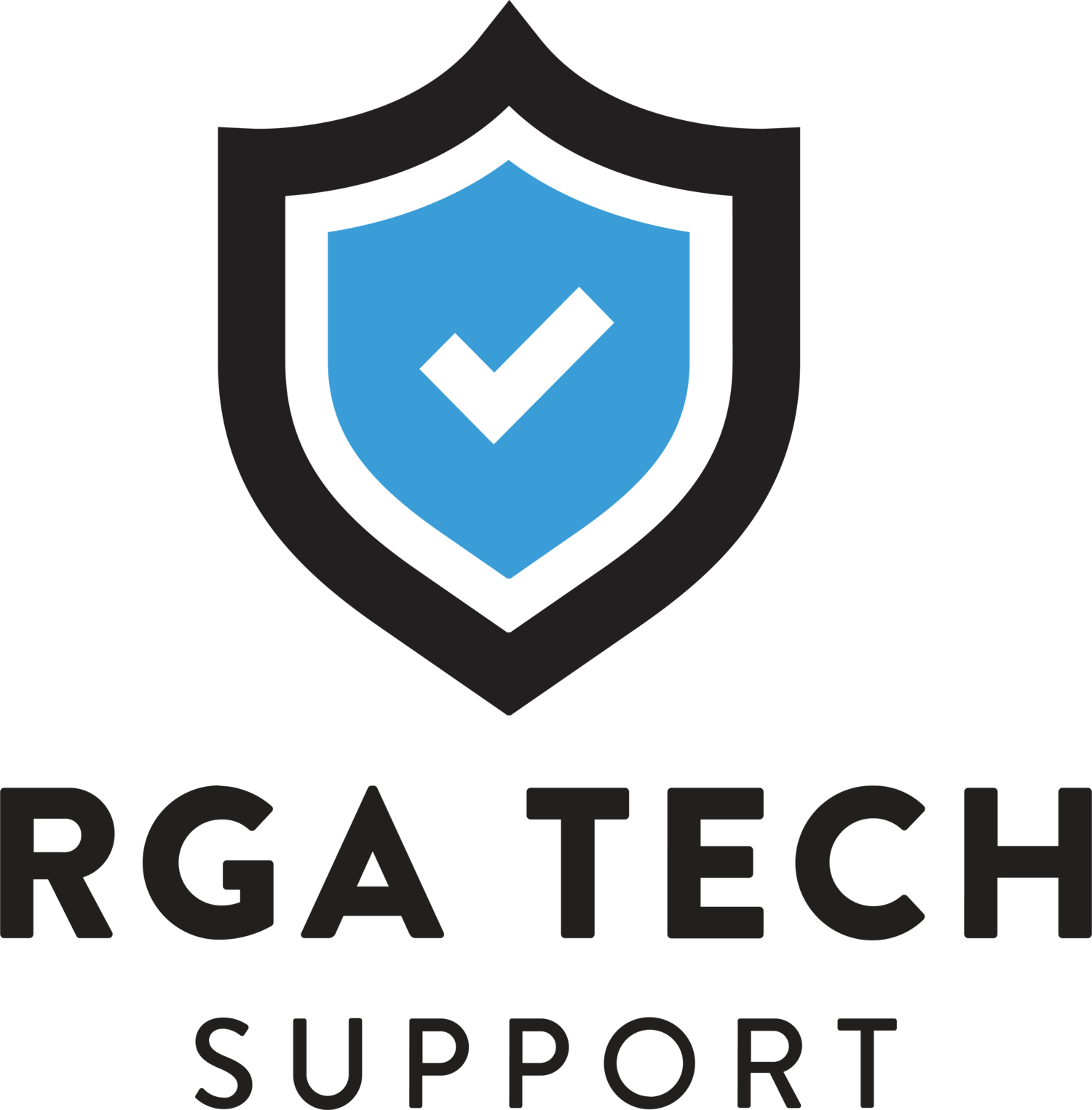Stay Safe Online Shopping
As the holiday season approaches, many of us turn to online shopping to find the perfect gifts for our loved ones. Shopping online is convenient, especially for seniors, but it’s important to stay alert and practice safe shopping habits to avoid scams and protect personal information. Here are some best practices to help you shop confidently and securely.
1. Identifying Secure Websites
When shopping online, one of the first things to check is whether the website is secure. A secure site protects your personal information and payment details from hackers, helping keep your transactions safe.
Look for “https”: The “s” in “https” stands for secure. Only shop on websites that begin with “https” instead of “http.”
Check for the Padlock Icon: A small padlock icon next to the website address indicates the site has added security features. This is another sign it’s safe to enter personal information.
Beware of Odd Web Addresses: Scammers often create fake websites with similar-looking URLs to trick people. Make sure the website name matches the retailer’s official site.
2. Use Secure Payment Methods
When shopping online, the way you pay is just as important as where you shop. Credit cards and secure payment services provide extra protection in case of fraud.
Choose Credit Over Debit: Credit cards often come with fraud protection, making them a safer option than debit cards. Many credit cards also offer purchase protection, which can be helpful if you encounter a problem with the retailer.
Use Trusted Payment Services: Services like PayPal offer additional layers of security and don’t require you to share your credit card details directly with the retailer.
Avoid “Buy Now, Pay Later” Scams: Some scam sites offer tempting “buy now, pay later” options to get your payment details. Stick to known, reputable services like Klarna or Afterpay, and always verify they’re legit.
3. Avoid Pop-Up Ads and Phishing Websites
Pop-up ads can sometimes contain links to fraudulent websites, so it’s best to avoid clicking on them, especially on unfamiliar sites.
Ignore Pop-Up Ads: If an ad pops up with a great deal or discount, resist the urge to click. Scammers use these ads to lure shoppers to fake sites.
Don’t Open Unsolicited Emails: During the holiday season, it’s common to receive promotional emails from retailers. If an email seems suspicious or includes a deal that’s “too good to be true,” don’t click the link. Instead, go to the retailer’s website directly.
Recognize Fake Websites: Scammers create websites that look just like the real thing. Check for signs of legitimacy, such as proper spelling and grammar, contact information, and reviews from other customers.
Shop Smart and Stay Safe
Online shopping can be a wonderful way to avoid holiday crowds and find great deals, but safety is essential. Following these tips can help protect your information, avoid scams, and give you peace of mind while browsing for gifts.
If you have any questions or concerns about online safety, RGA Tech Support is here to help. Call us at (616) 916-2569 for assistance with setting up notifications, secure shopping practices, or other tech questions. Let’s make this holiday season safe and enjoyable for everyone!

